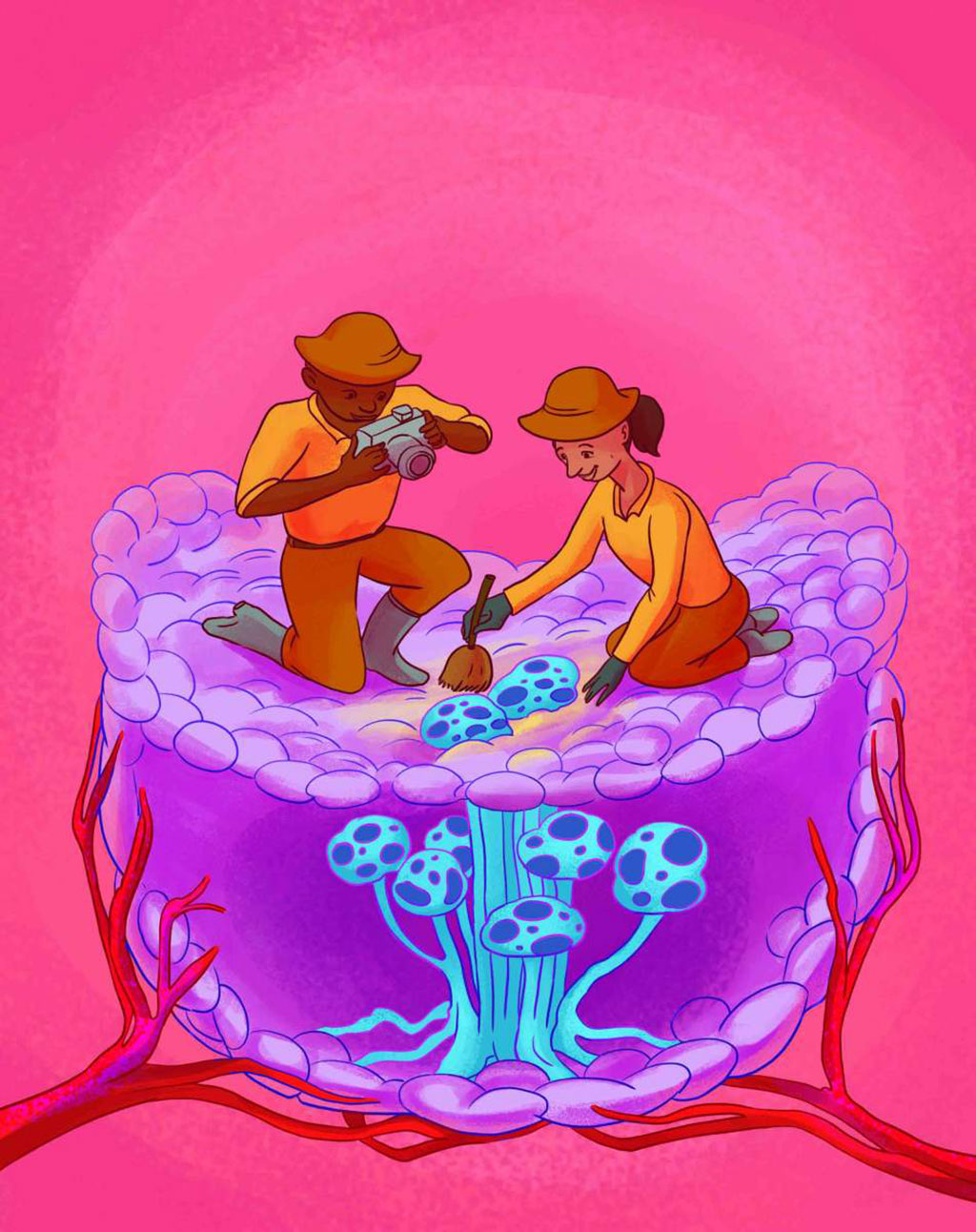Blood Test to Screen for Fungus May Offer Brand-New Method for Early Cancer Detection
Posted on 07 Oct 2022
Cancer tumors contain multiple species of fungi that differ per tumor type, according to a large study which potentially has implications for the diagnosis and treatment of cancer, as well as for the detection of cancer through a blood test. It complements scientists’ understanding of the interaction between cancer cells and the bacteria that exist in tumors alongside fungi, bacteria that have been shown to affect cancer growth, metastasis and response to therapy.
For the study, researchers at the Weizmann Institute of Science (Rehovot, Israel) and the University of California, San Diego (La Jolla, CA, USA) systematically profiled fungal communities in more than 17,000 tissue and blood samples taken from patients with 35 types of cancer. They found that fungi can be detected in all of these cancer types. Fungi were mostly found “hiding” inside the cancer cells or in immune cells inside the tumors. The study also revealed multiple correlations between the presence of specific fungi in tumors and conditions related to treatment. For example, breast cancer patients who have Malassezia globosa – a fungus found naturally on the skin – in their tumors had a much lower survival rate than those who did not have the fungus. In addition, specific fungi were found to be more prevalent in the breast tumors of older patients than in those of younger ones, in the lung tumors of smokers than in those of nonsmokers and in melanoma tumors that did not respond to immunotherapy than in tumors that did respond to therapy.

These findings suggest that fungal activity is “a new and emerging hallmark of cancer,” according to the researchers. The study, which characterized both the fungi and the bacteria that are present in human tumors, demonstrated that typical “hubs” of fungi and bacteria can be found in tumors. For example, while tumors that contain Aspergillus fungi tend to have specific bacteria in them, other tumors that contain Malassezia fungi tend to have other bacteria in them. These different “hubs” may be important for treatment, as they correlated with both tumor immunity and patient survival. The new paper also explored the presence of fungal and bacterial DNA in human blood.
The existence of fungi in most human cancers “is both a surprise and to be expected,” according to Rob Knight, a professor of Pediatrics, Bioengineering and Computer Science & Engineering at UC San Diego, who coauthored the study. “It is surprising because we don’t know how fungi could get into tumors throughout the body. But it is also expected, because it fits the pattern of healthy microbiomes throughout the body, including the gut, mouth and skin, where bacteria and fungi interact as part of a complex community.”
“The results suggest that measuring microbial DNA in the blood may help in the early detection of cancer, as different microbial DNA signatures can be found in the blood of cancer and noncancer patients,” added Dr. Gregory Sepich-Poore, a former graduate student in Knight’s lab.
Related Links:
Weizmann Institute of Science
University of California, San Diego














